Ball valves are widely used in various industrial applications for their ability to regulate and control the flow of liquids and gasses. Ball valves use a rotating ball to open and close the flow of fluid through the valve body. The ball has a hole in the center that allows the fluid to pass through when the valve is open, and when it is rotated to the closed position, the hole is blocked and the flow of fluid is stopped. Read More…
Marwin Valve is known for high quality products and customer service. Some products include ball valves, brass ball valves, high pressure valves, stainless steel ball valves, flanged ball valves, 4 way ball valves and 3 way ball valves. We serve a wide variety of industries. Please give us a call today to learn more information!
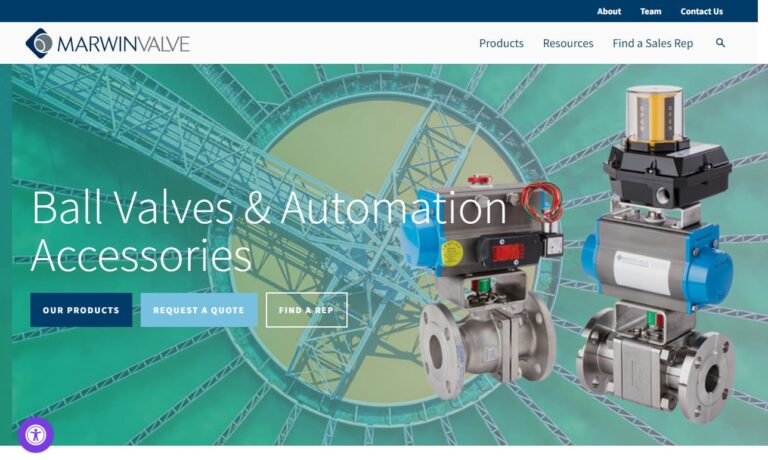
At Kingston Valves, we are proud to be recognized as a leading manufacturer and supplier of high-quality ball valves, catering to diverse industries worldwide with precision-engineered solutions that ensure efficient flow control and reliable performance. With decades of experience and a commitment to innovation, we have earned the trust of our customers as a dependable partner for all their...
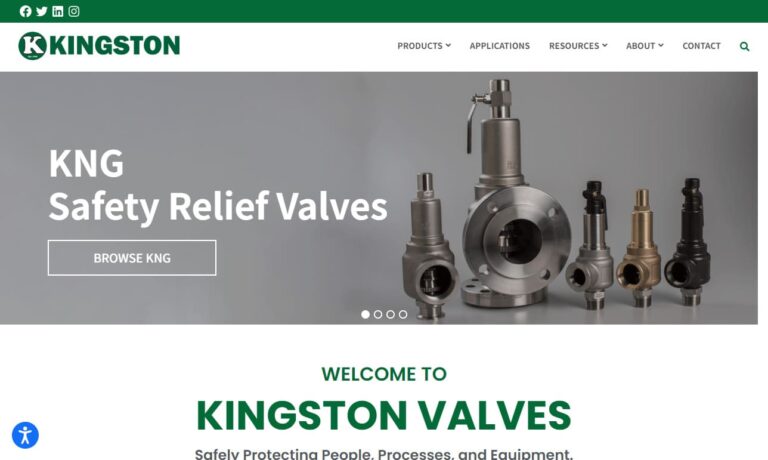
When it comes to ball valves, you can count on Valve Check to manufacture ball valves and relief valves! Our valves can operate up to 10,000 PSI, and can be made from such materials as brass, aluminum, steel and stainless steel. Many standards and configurations available! For more information, call us today! We look forward to working with you!
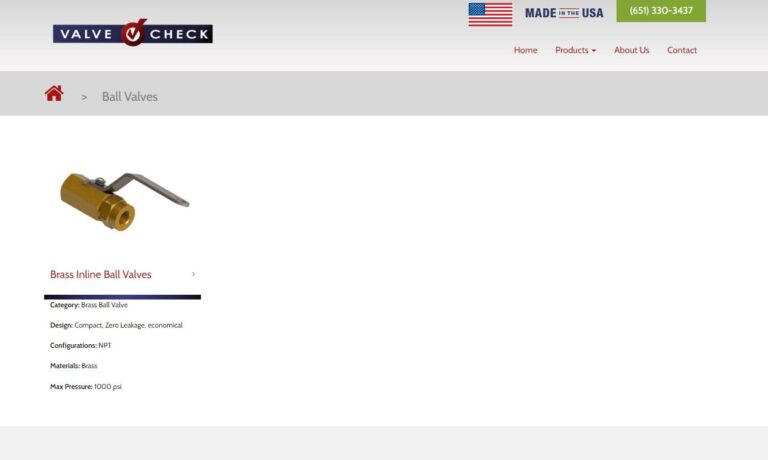
Alloy Valves and Controls, Inc. (AVCO) manufactures valves and instrumentation devices for all types of fluid flow conditions. We supply standard and custom products with full control over our designs and manufacturing. We are proud to be an ISO 9001:2015 Certified, “Made in California” and “Women Owned” business. We produce control valves, cryogenic valves, sanitary valves and...
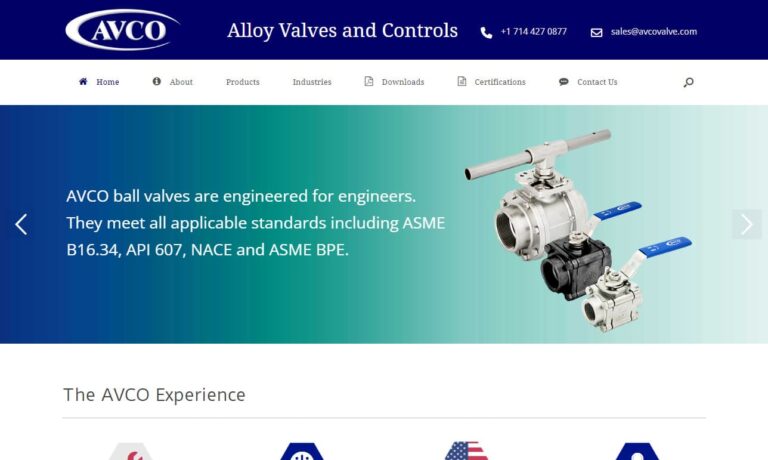
More Brass Ball Valve Manufacturers
Why Brass Is Used for Ball Valves
Brass is a popular material used in the creation of ball valves due to its physical properties. Brass is an alloy made of copper and zinc, which makes it corrosion-resistant, easy to machine, and manufacturable. Corrosion resistance is one of the most important factors when it comes to selecting materials for ball valves. Brass has excellent corrosion resistance, especially in environments that have a high concentration of water or moisture. The zinc component of the brass alloy creates a thin layer of protective oxide, which prevents the valve from corroding. Brass also has excellent resistance to tarnishing, making it ideal for use in decorative applications. In addition, brass has excellent machinability, which means that it is easy to manufacture into intricate shapes and sizes. This makes it a popular choice for manufacturing ball valves in a range of sizes, from small to large.
Considerations Regarding Brass Ball Valves
While brass is a popular choice for creating ball valves, it does have some considerations. One of the biggest considerations regarding brass ball valves is their susceptibility to dezincification. Dezincification is a type of corrosion that occurs in brass when it comes into contact with certain chemicals, such as acids or alkalis. This can cause the brass to become brittle and eventually fail. Another limitation of brass ball valves is their lower maximum operating temperatures compared to other materials. Brass ball valves are suitable for use in temperatures up to around 200°F, after which they may start to deform or crack.
Benefits of Brass Ball Valves
Despite these limitations, brass ball valves offer several benefits. They are highly durable and long-lasting, making them ideal for use in applications where frequent maintenance is not feasible. Brass ball valves also have a low friction coefficient, which makes them easy to operate and helps to prevent wear and tear. Additionally, brass ball valves are versatile and can be used in a wide range of applications across various industries.
Case Studies Proving These Benefits
There are several case studies available that demonstrate the durability, ease of operation, and versatility of brass ball valves. Here are a few examples:
Marine Industry
A case study from a marine engineering company demonstrated the durability of brass ball valves in harsh saltwater environments. The company found that brass ball valves outperformed other types of valves in terms of reliability, durability, and ease of maintenance.
Oil and Gas Industry
In a case study conducted by an oil and gas company, brass ball valves were found to be versatile and suitable for a wide range of applications, including high-pressure and high-temperature environments. The company also noted that brass ball valves were easy to install, operate, and maintain.
Food and Beverage Industry
A case study from a food and beverage processing company demonstrated the versatility of brass ball valves in the industry. The company found that brass ball valves were suitable for a variety of applications, including controlling the flow of liquids, gasses, and solids. The valves were also easy to clean and maintain, making them ideal for use in food and beverage processing plants.
Applications of Brass Ball Valves
Brass ball valves are commonly used in plumbing and heating systems, water treatment and filtration, oil and gas industry, agriculture and irrigation, chemical and pharmaceutical industry, marine industry, and the food and beverage industry. Each of these applications are discussed below.
Plumbing and Heating Systems
In plumbing and heating systems, brass ball valves are used to control the flow of water, steam, and other fluids. They are commonly used in residential and commercial buildings to regulate water flow in HVAC systems, as well as in boilers and other heating systems.
Water Treatment and Filtration Industry
In the water treatment and filtration industry, brass ball valves are used to control the flow of water and other fluids. They are commonly used in water treatment plants, as well as in swimming pools and other water filtration systems.
Oil and Gas Industry
In the oil and gas industry, brass ball valves are used to control the flow of oil and natural gas. They are commonly used in pipelines, refineries, and other industrial applications.
Agriculture and Irrigation Industry
In the agriculture and irrigation industry, brass ball valves are used to control the flow of water and other fluids. They are commonly used in irrigation systems to regulate water flow to crops and other plants.
Chemical and Pharmaceutical Industry
In the chemical and pharmaceutical industry, brass ball valves are used to control the flow of chemicals and other fluids. They are commonly used in chemical processing plants and pharmaceutical manufacturing facilities, where precise control of fluid flow is critical.
Marine Industry
In the marine industry, brass ball valves are commonly used in various applications such as seawater systems, fuel lines, hydraulic systems, and cooling systems. These valves are highly resistant to corrosion and can withstand the harsh saltwater environment. Brass ball valves are also easy to operate and maintain, making them a popular choice for marine applications.
Food and Beverage Industry
In the food and beverage industry, brass ball valves are commonly used for controlling the flow of liquids, gasses, and solids in processing plants. These valves are easy to clean and maintain, making them ideal for use in food and beverage processing plants where hygiene and sanitation are essential. Brass ball valves are also highly resistant to corrosion, which is important in applications where food-grade liquids and chemicals are used.
Choosing the Proper Brass Ball Valve Manufacturer
To ensure you have the most beneficial outcome when purchasing brass ball valves from a brass ball valve manufacturer, it is important to compare several companies using our directory of brass ball valve manufacturers. Each brass ball valve manufacturer has a business profile page highlighting their areas of experience and capabilities, along with a contact form to directly communicate with the manufacturer for more information or to request a quote. Review each brass ball valve business website using our patented website previewer to quickly learn what each company specializes in. Then, use our simple RFQ form to contact multiple brass ball valve companies with the same form.

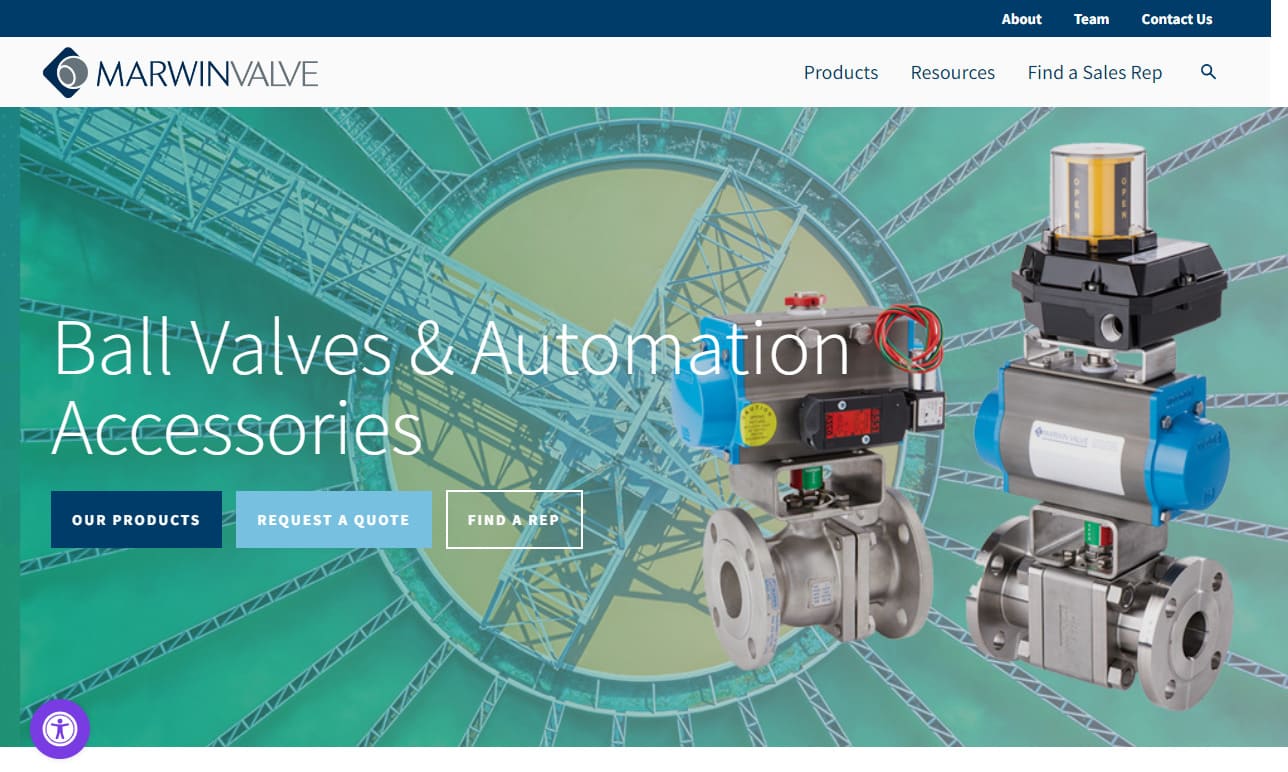
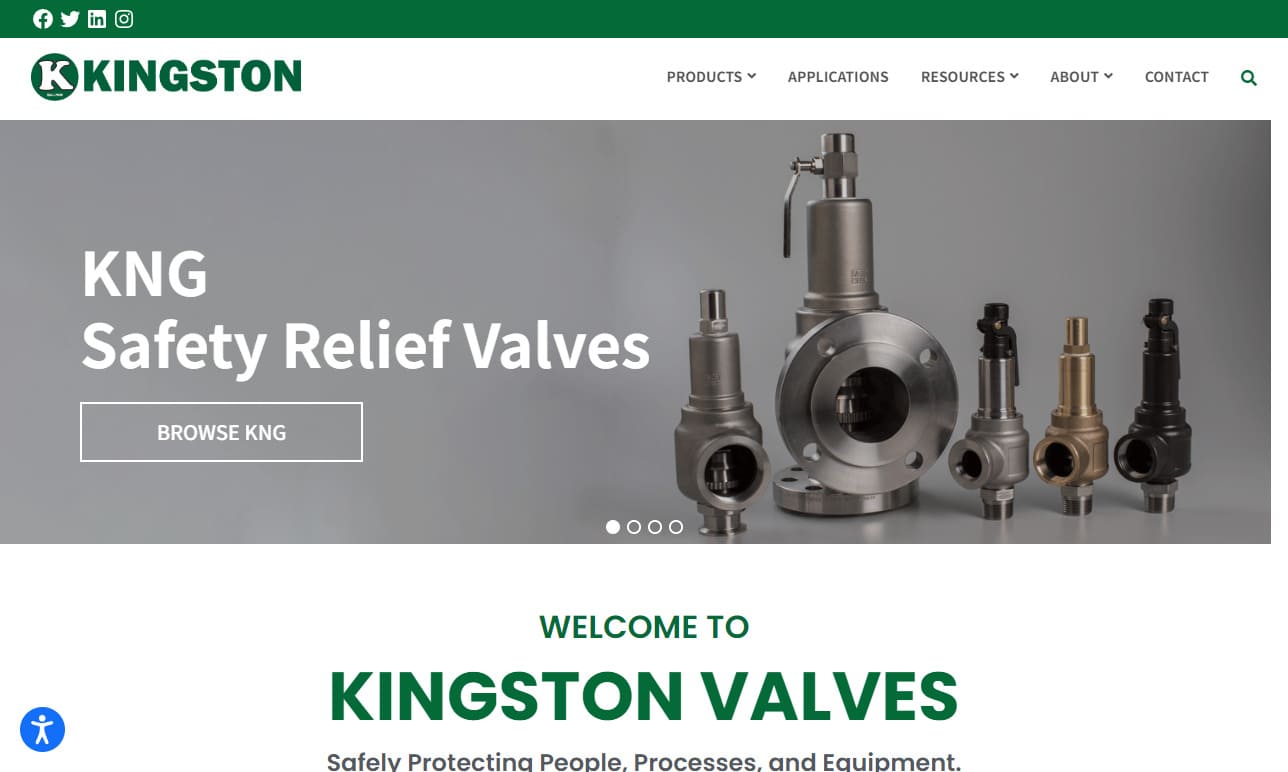
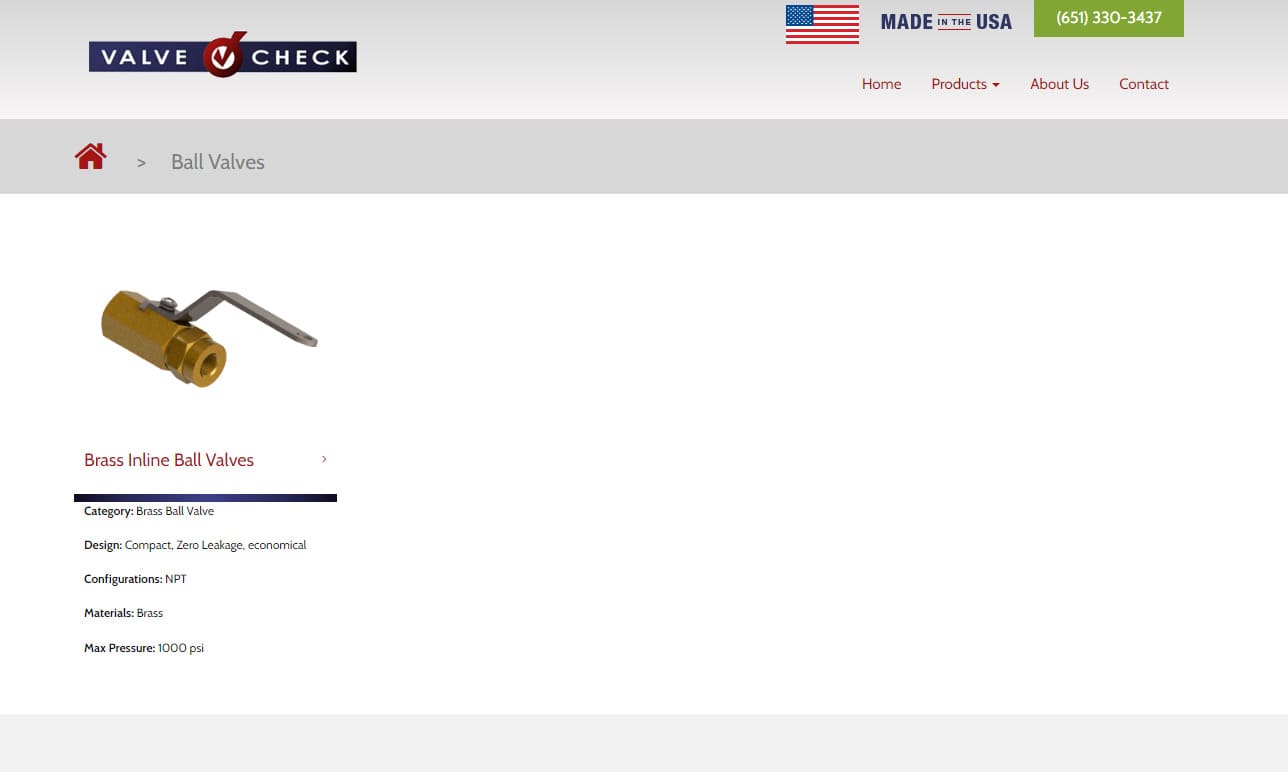
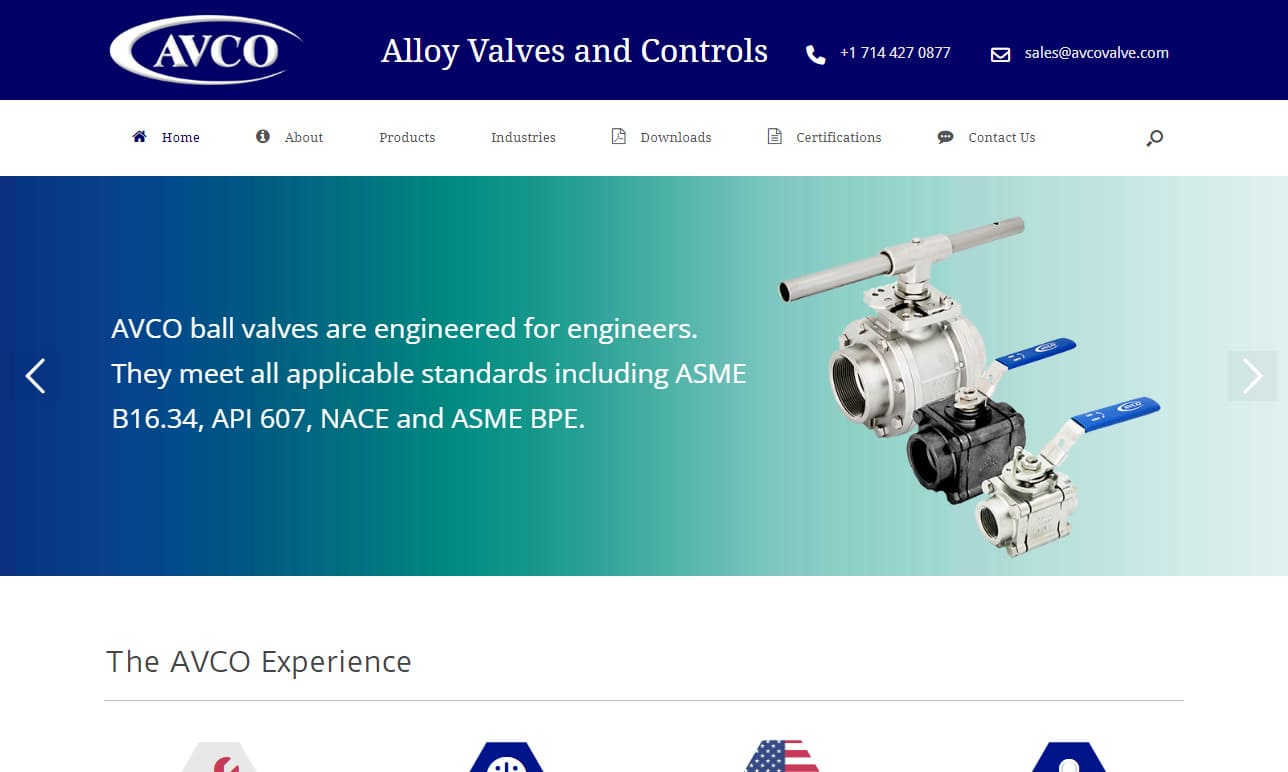
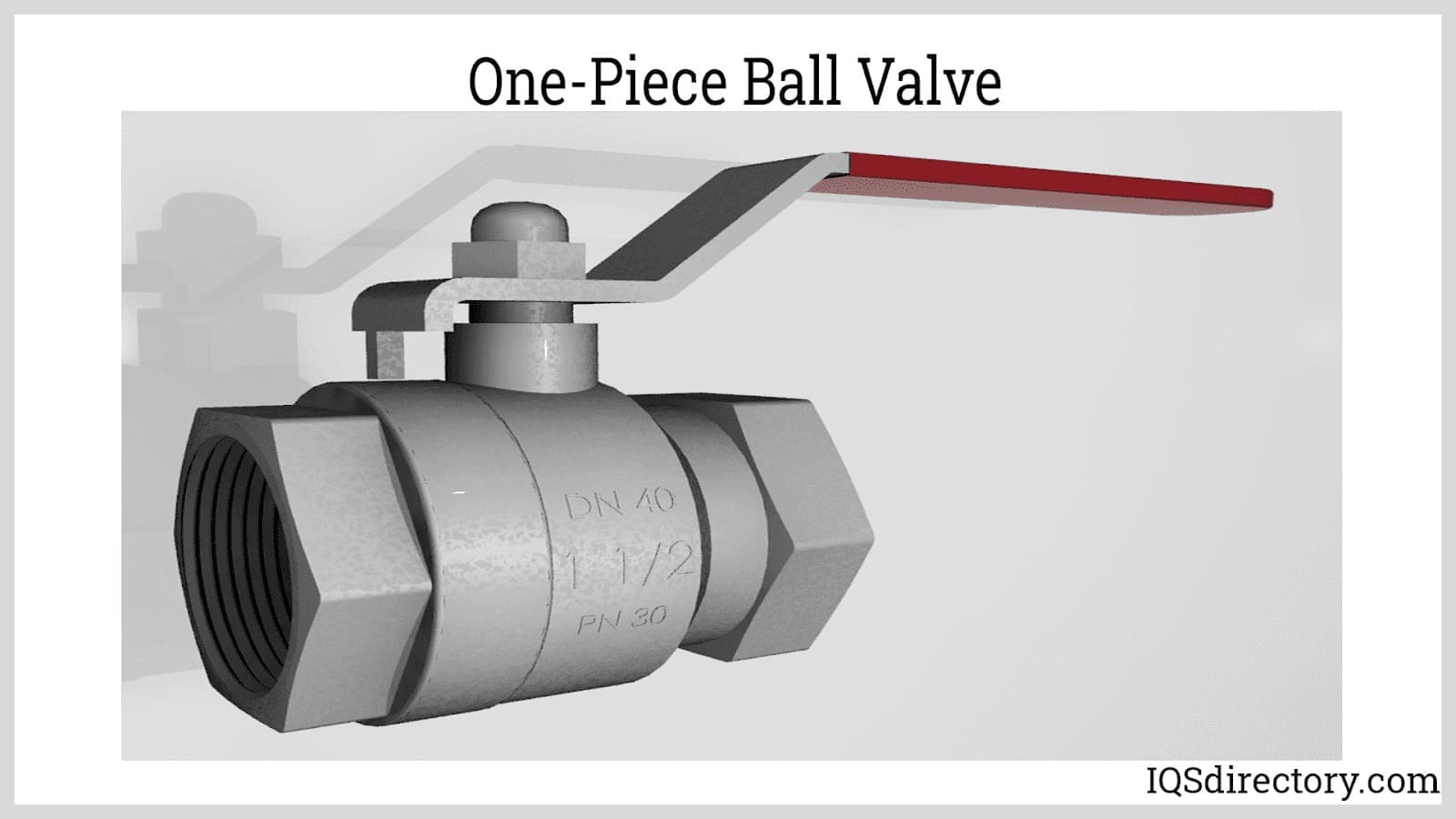
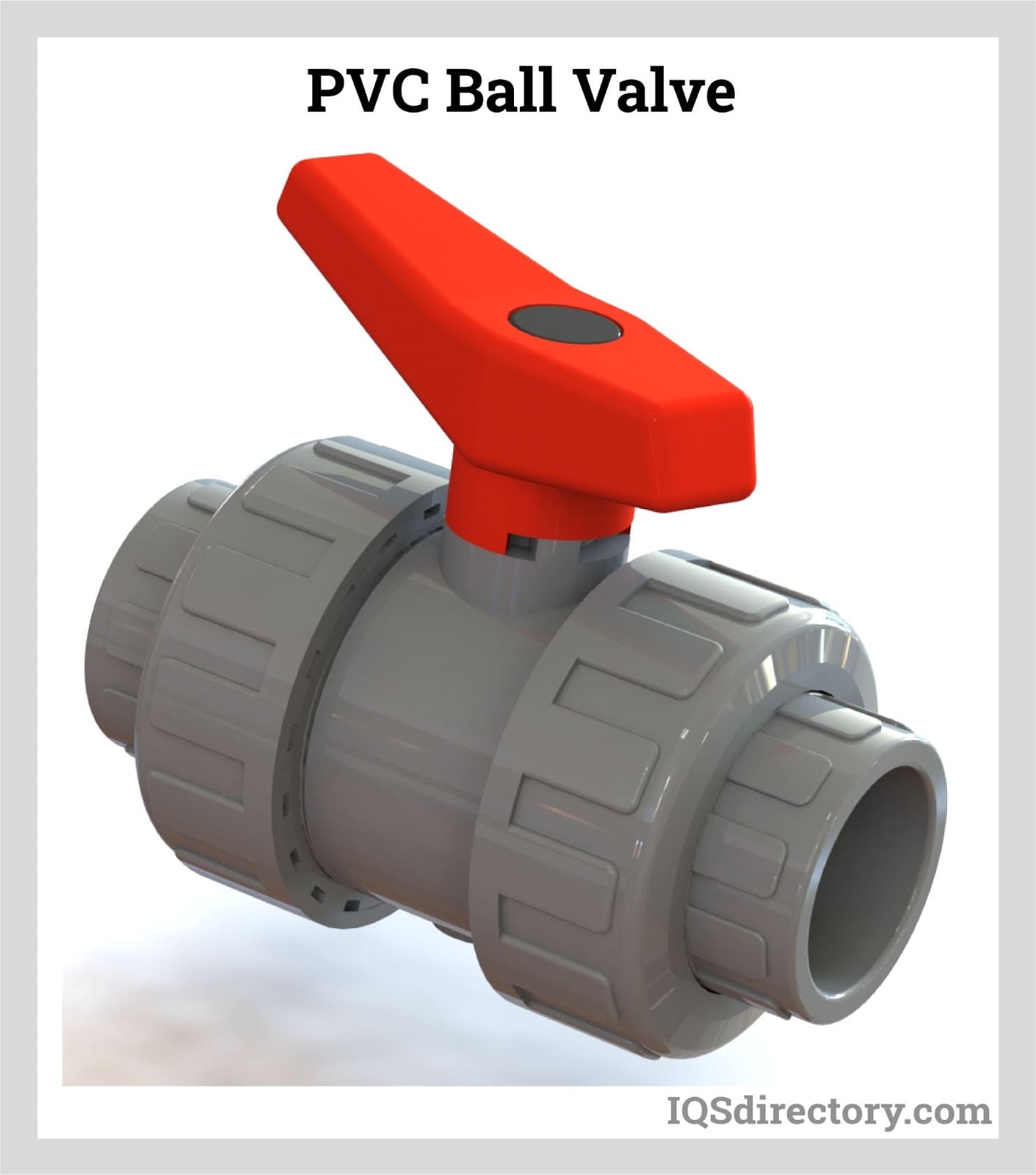
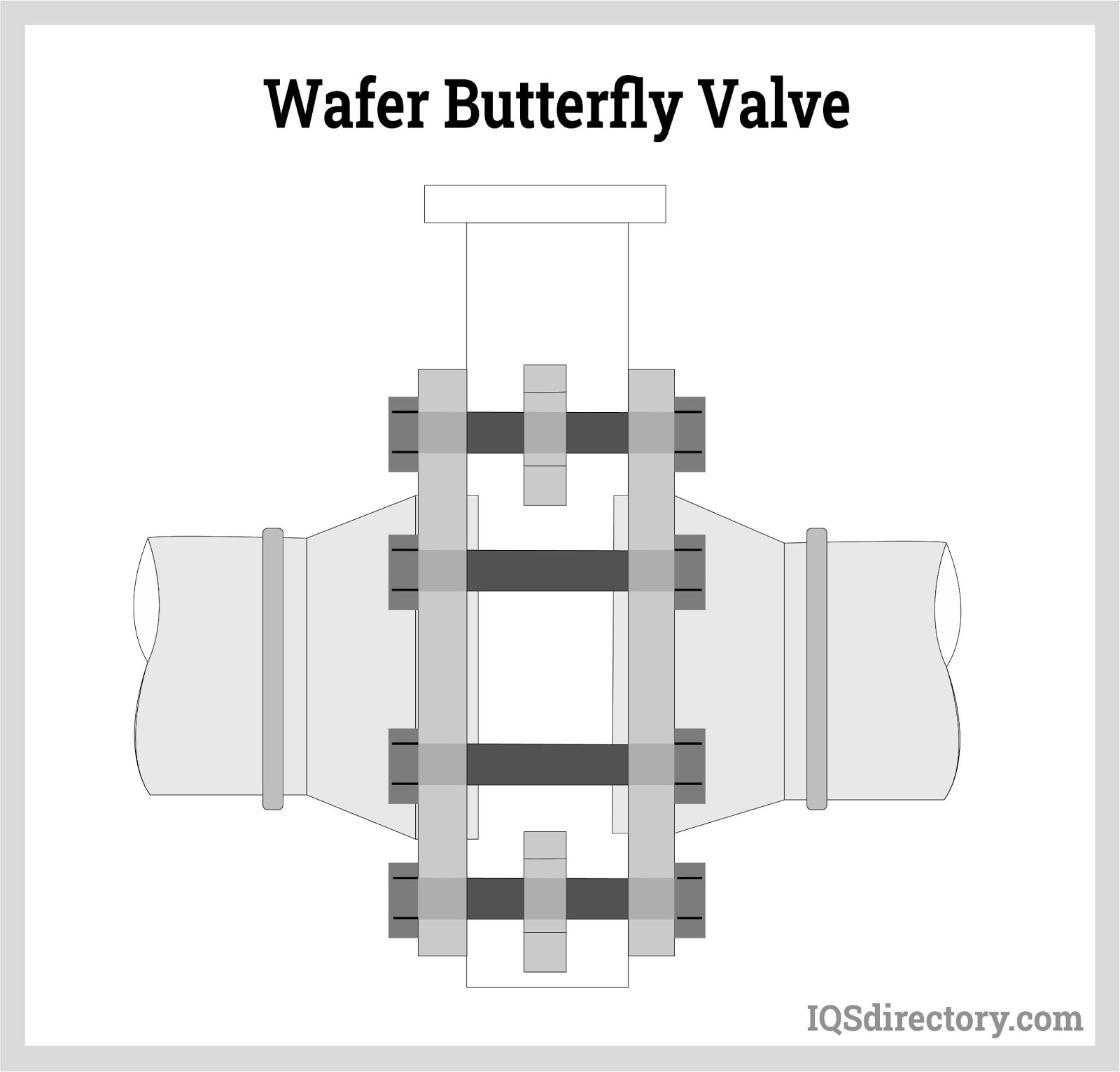
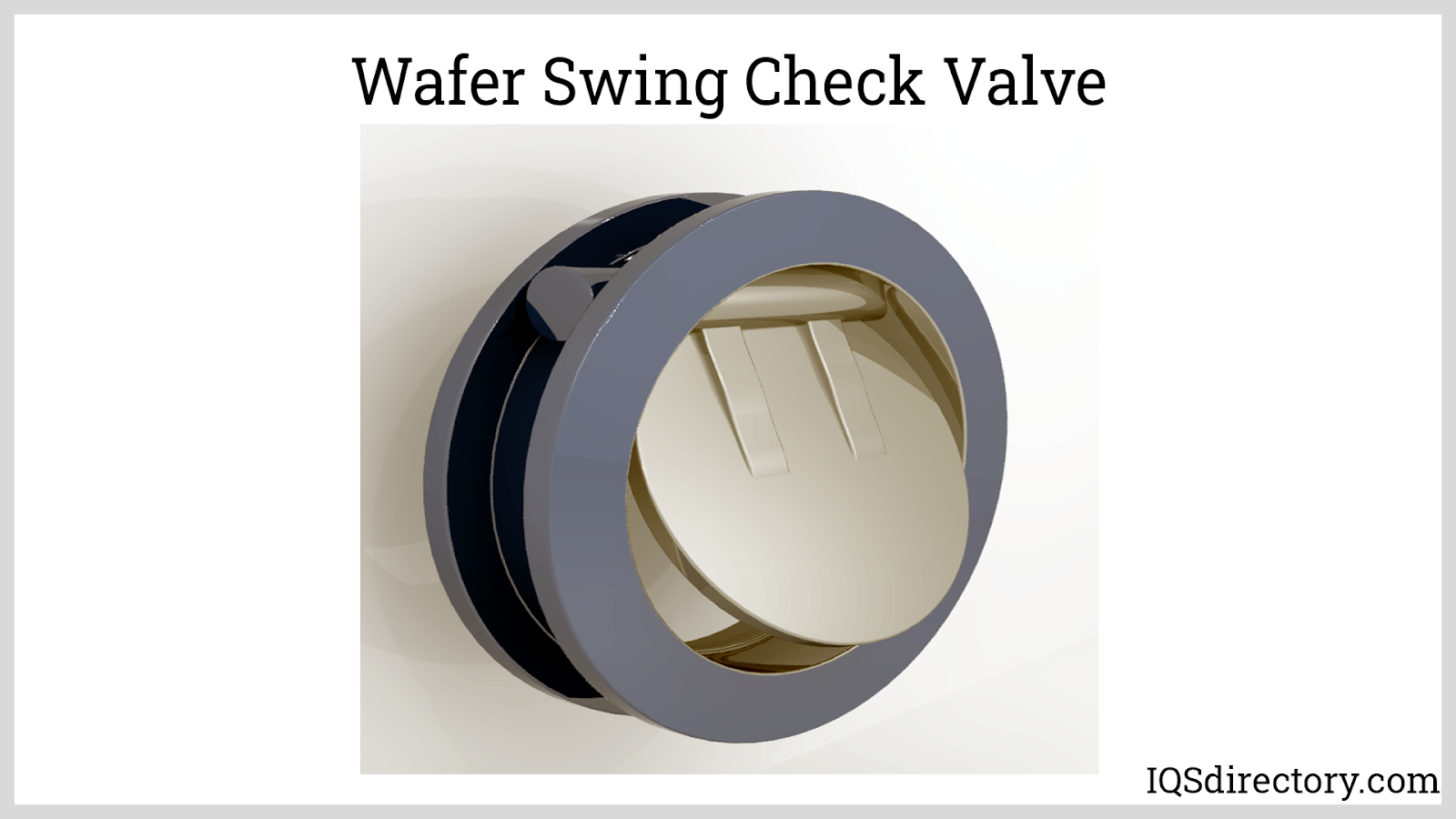
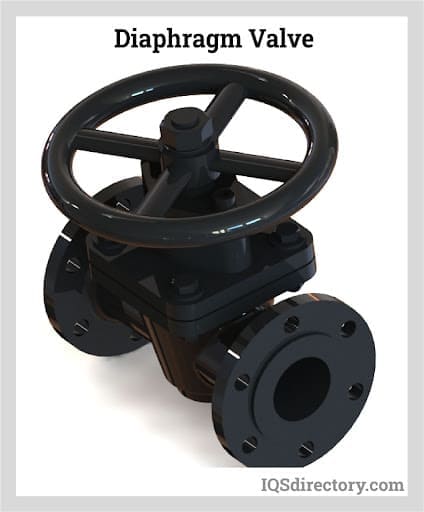
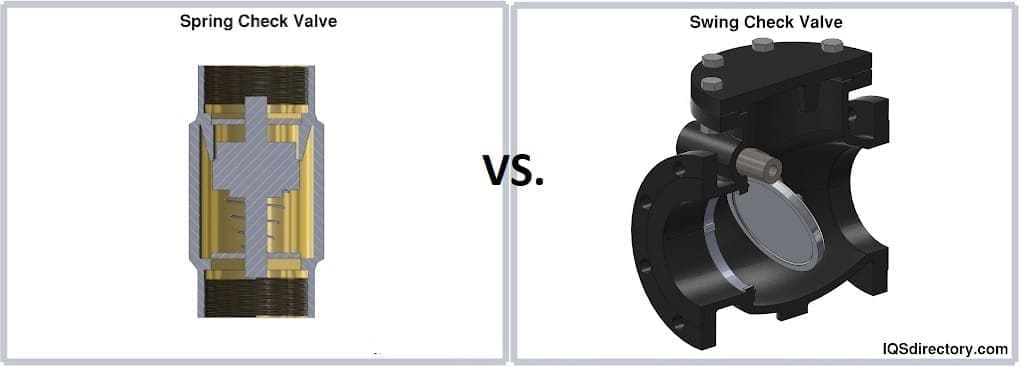
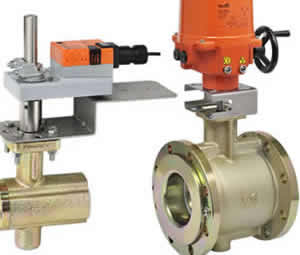 Ball Valves
Ball Valves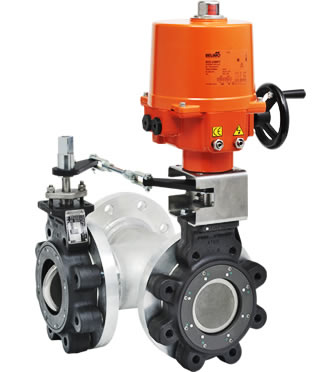 Butterfly Valves
Butterfly Valves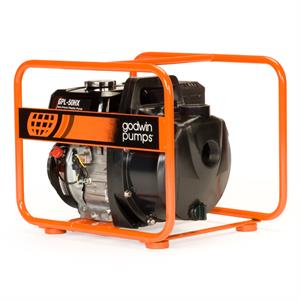 Centrifugal Pumps
Centrifugal Pumps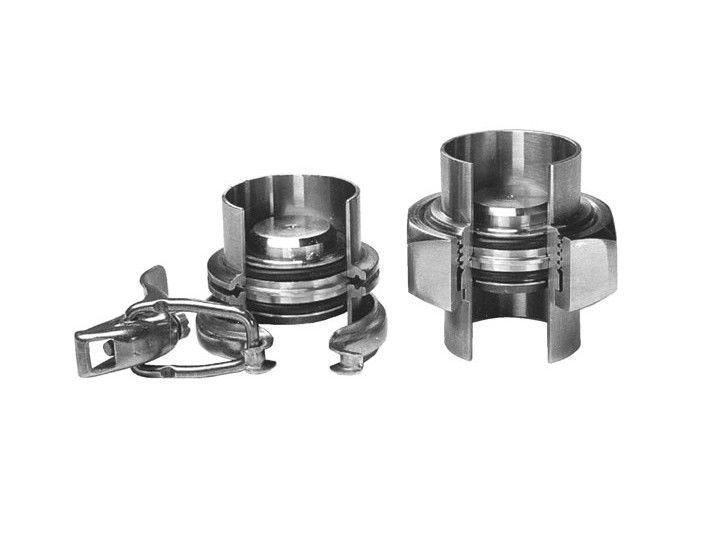 Check Valves
Check Valves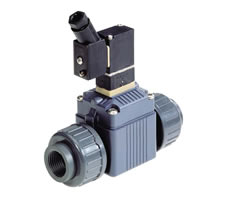 Diaphragm Valves
Diaphragm Valves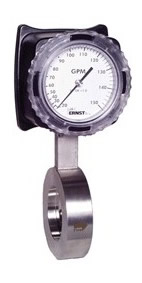 Flow Meters
Flow Meters Hydraulic Pumps
Hydraulic Pumps Hydraulic Valves
Hydraulic Valves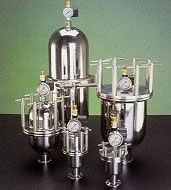 Metering Pumps
Metering Pumps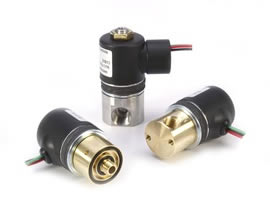 Solenoid Valves
Solenoid Valves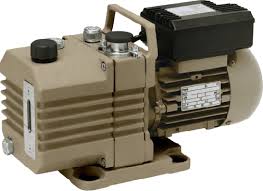 Vacuum Pumps
Vacuum Pumps Castings & Forgings
Castings & Forgings Bulk Material Handling
Bulk Material Handling Electrical & Electronic Components
Electrical & Electronic Components Flow Instrumentation
Flow Instrumentation Hardware
Hardware Material Handling Equipment
Material Handling Equipment Metal Cutting Services
Metal Cutting Services Metal Forming Services
Metal Forming Services Metal Suppliers
Metal Suppliers Motion Control Products
Motion Control Products Plant & Facility Equipment
Plant & Facility Equipment Plant & Facility Supplies
Plant & Facility Supplies Plastic Molding Processes
Plastic Molding Processes Pumps & Valves
Pumps & Valves Recycling Equipment
Recycling Equipment Rubber Products & Services
Rubber Products & Services